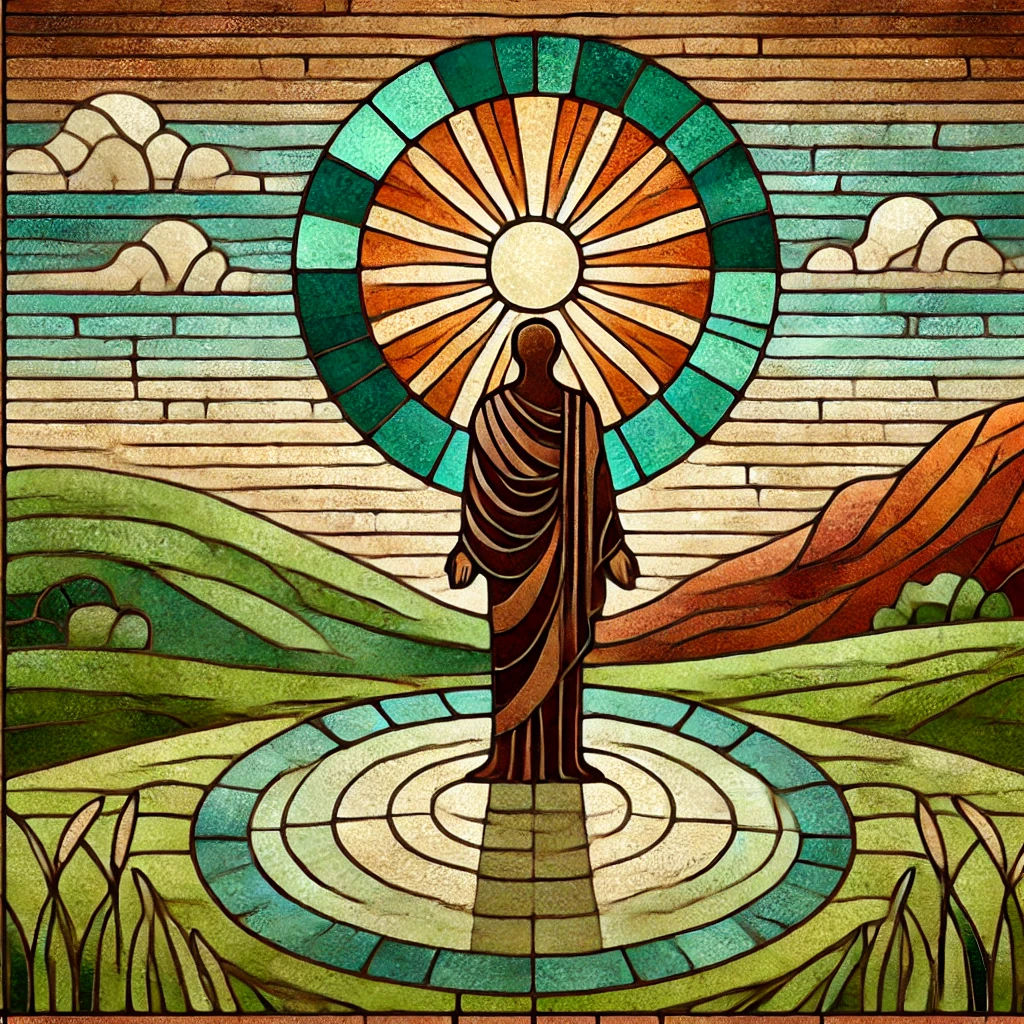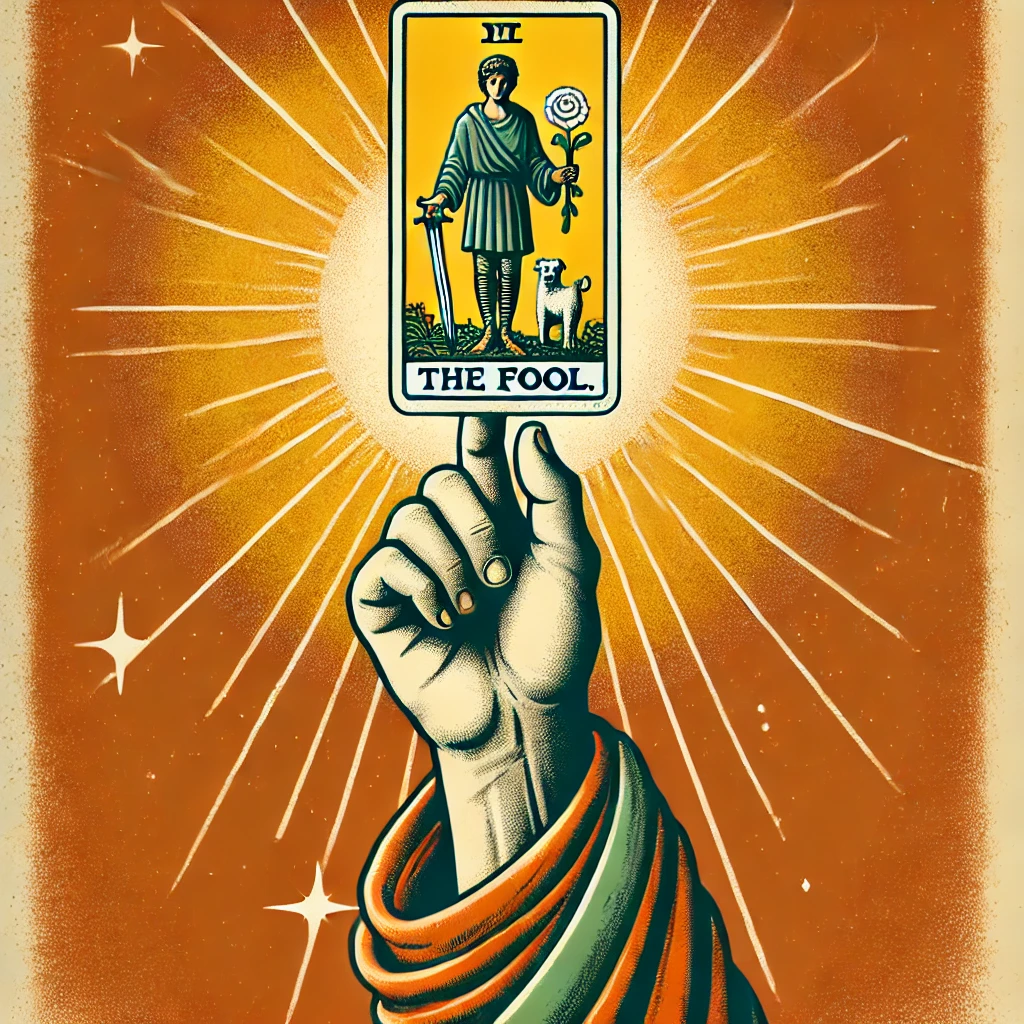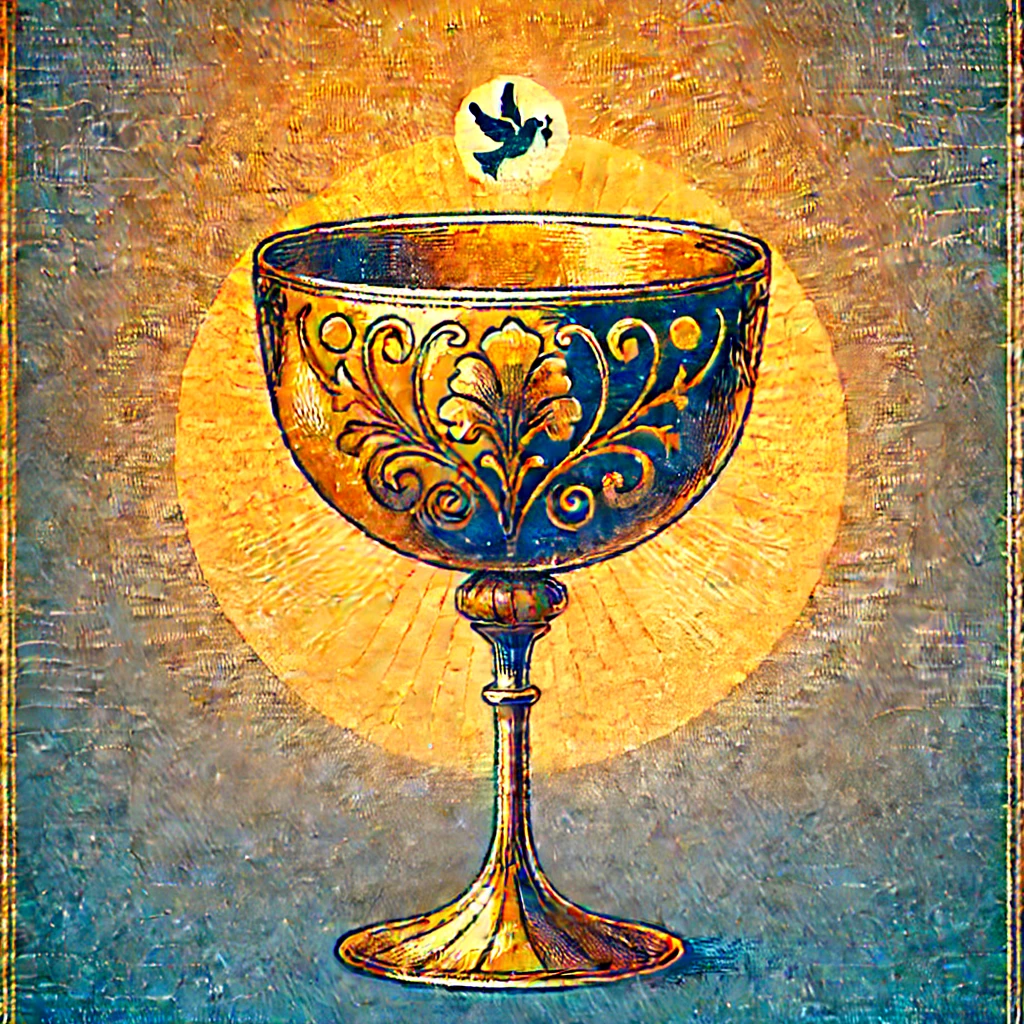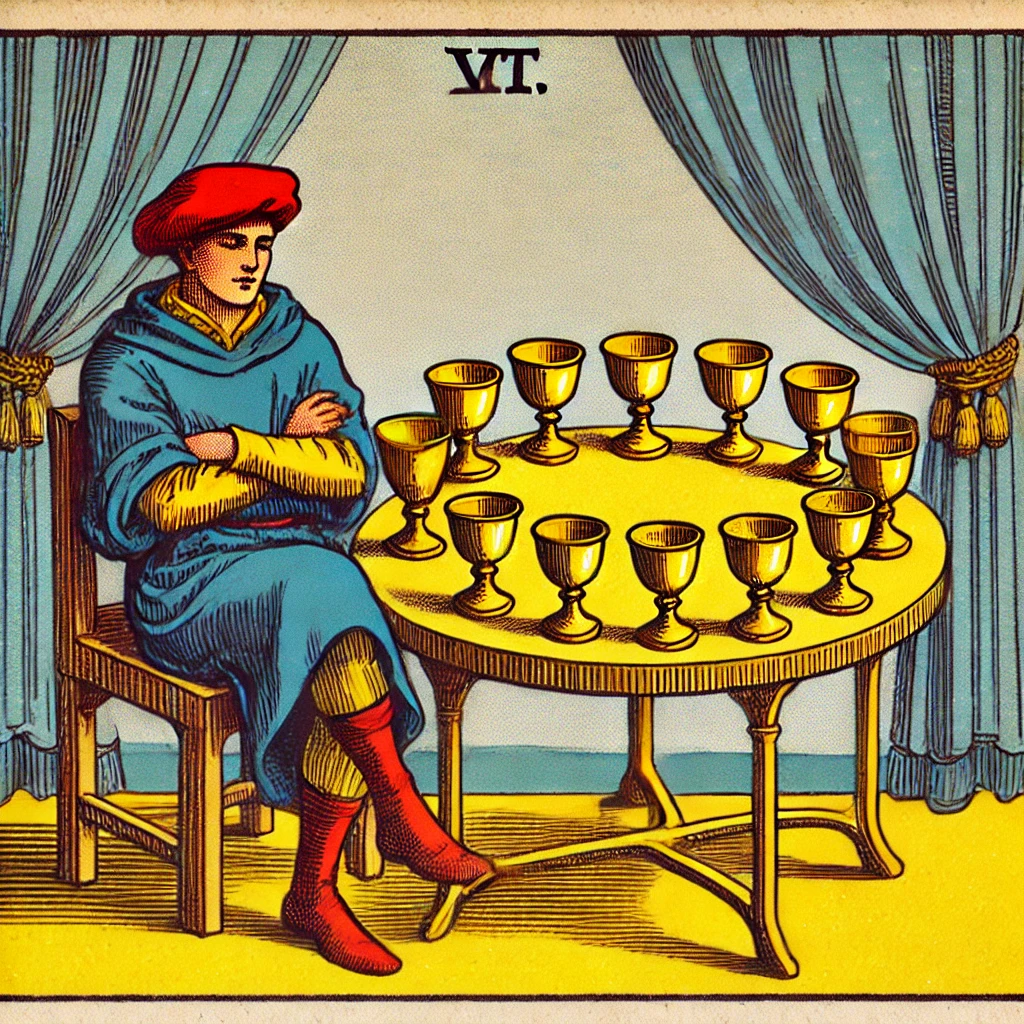There is something in you that remembers. Something that has held you through your births and losses, your joys and confusions. Something that watched as you stumbled, then rose again. This presence is not your ego. It is not your personal story or your conscious identity. It is deeper. Older. More mysterious. Jung called it the Self.
In his clear and poetic way, James Hollis invites us into a living conversation with this Self. He does not define it as a fixed thing, but rather as a process, a verb, a mystery always at work. Your dreams, your symptoms, your moments of awe or collapse—these are the Self speaking.
Modern psychology often tries to soothe the ego or fix its pain. But Jungian psychology, especially as Hollis offers it, suggests something different. The goal is not comfort but wholeness. The psyche does not care much for the ego’s plans. It cares about your soul. That is why, in Hollis’s words, the Self may not bring comfort but does bring healing.
When the ego and the Self are estranged, we suffer. When your life path is shaped more by outer expectations than inner necessity, you may find yourself burned out, lost, or strangely flat. You can push and push, but something in you refuses to cooperate. This is not weakness. This is wisdom. It is the Self redirecting the journey.
Take depression, for example. Hollis shares his own descent, which felt like failure at the time. He could no longer invest energy in the things he thought mattered. But this was not a breakdown. It was a summons. The Self was pulling him down, asking for a deeper conversation about the meaning of his life.
And it is not only personal. The Self is linked to the whole of nature. It is the archetype of wholeness. It is what grows your hair, shapes your dreams, and draws you toward images that matter. It cannot be found in a scan. But it can be experienced—in a dream, in a moment of stillness, in the unexpected stirring of grief or desire.
Jung understood that this wholeness includes the dark. The Self does not only produce the beautiful. It also brings the troubling. The shadow is part of the Self. It contains the parts of us that the ego finds unacceptable or too much. Often, our greatest potential lives in the shadow, waiting for a larger life to make room for it.
The collective unconscious, another of Jung’s essential insights, is part of this same reality. Beneath your personal memories and wounds lies something older. A field of myth and image, of archetypal patterns that show up in every culture. You may dream a dream that echoes an ancient story. You may find yourself drawn to symbols you cannot explain. These are not accidents. The Self is at work.
There is no formula for finding the Self. But there are paths. Dreams. Symbols. Depth of reflection. And, as Hollis says, the willingness to suffer what the soul asks of us. Not suffering for its own sake, but as a threshold to meaning. The psyche creates symptoms when it needs your attention. When you listen, the image opens. The symptom becomes a symbol.
You may feel the Self rising in you when a part of your life falls apart. When a familiar identity crumbles. When you can no longer pretend. In those moments, instead of asking, “How do I fix this?” we might ask, “What is the Self asking of me now?”
If you feel called to enter a deeper relationship with yourself, the kind that welcomes complexity and honors the mystery, you will find this course a worthy companion.
Tim – Soulful Nuggets Team
This blog is a reflection on the course ‘Introduction to Jungian Psychology‘ taught by James Hollis .

